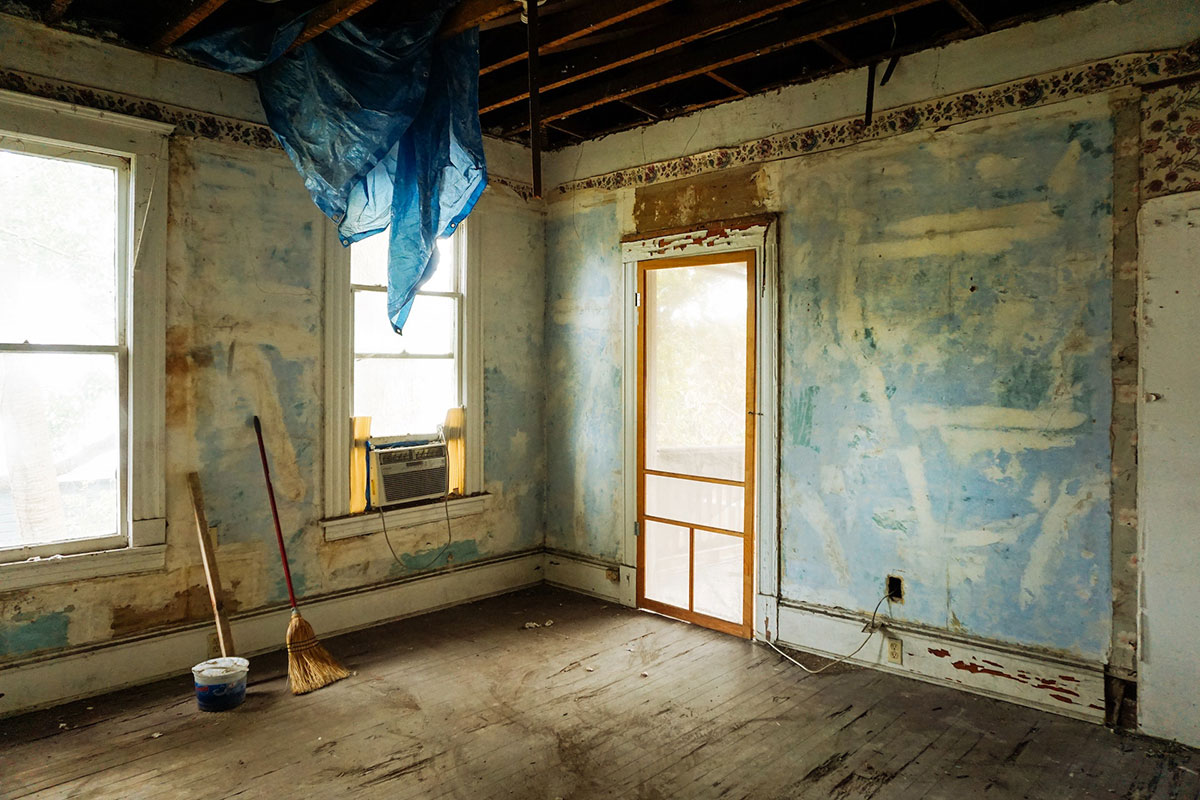The age-old debate (pun intended) is ever-relevant in real estate: Should you invest in an old house or a new one? Each choice presents its unique pros and cons, and a potential homebuyer or investor needs to consider various factors before jumping into a purchase.
The choice between buying an old house versus a new one is more than just a matter of taste. It’s a decision that can have long-lasting financial implications. Whether you’re looking to live in the home or are eyeing it as an investment opportunity, there are significant pros and cons to consider on both sides.
Advantages of Old Houses
Character and Charm
Old houses have a unique character that many buyers find appealing. From intricate woodwork to antique fixtures, these homes often possess details not typically found in newer builds.
Established Neighborhoods
Older homes tend to be located in well-established neighbourhoods with mature trees, parks, and a sense of community.
Potential for Appreciation
If you can find and afford an old home in a sought-after neighborhood, there might be room for appreciation, if you’re willing to make some updates.
Disadvantages of Old Houses
Maintenance and Repair
One of the biggest drawbacks of older homes is the ongoing maintenance and potential for unforeseen repairs. Plumbing, electrical systems, and even the foundation can pose problems as they age.
Less Energy Efficient
Older homes were not built with today’s energy standards. This can result in higher utility bills unless the home undergoes significant energy-related updates.
Outdated Designs
Older homes can sometimes have floor plans that don’t align with contemporary living. For example, closed-off rooms instead of the open floor plans many desire today, or smaller bathrooms and kitchens that don’t cater to modern needs.
Older Appliances and Systems
Even if an old house has been kept in good condition, its appliances, HVAC system, and water heaters might be nearing the end of their life spans, necessitating replacements sooner than in a new home.
Renovation Costs
While an old home might have potential, realizing that potential often requires capital. Renovations can be expensive, time-consuming, and, at times, overwhelming.
Historical Restrictions
In some areas, old homes might be subject to preservation laws that restrict the types of renovations and alterations you can make, limiting the potential for updates or expansion.

Advantages of New Houses
When choosing a custom home builder, you must be careful and do your due diligence because of the massive investment of time, money, and work involved. Once you’ve done your homework, however, and partnered with the right custom home builder, these are just a few of the benefits you enjoy with a newly-built home.
Low Maintenance
A newly built home typically requires less maintenance because everything from appliances to the HVAC system is brand new.
Modern Standards
New houses adhere to the latest building codes and standards, ensuring they are safe and up to date. This often includes being more energy efficient, which can result in long-term savings.
Warranty
Many new builds come with a warranty, which can cover certain defects or issues that might arise within the first few years.
Customization
If you’re buying a new home that’s still in the pre-construction phase, there might be opportunities to customize finishes and features according to your preference. Or you can partner with the leading home builders in the Niagara Region and live in your dream home.
Greener and Smarter
New builds often incorporate eco-friendly technologies, from solar panels to water-saving fixtures. Additionally, they’re typically designed to be smart home-ready, allowing for seamless integration of tech advancements and other new home construction trends.
Modern Amenities
Newer properties, especially those in planned communities, might come with amenities like community centres, swimming pools, and gyms. These can be a draw for potential renters or future buyers.
Better Resale Value
While all homes can appreciate, the resale value of newly built homes generally offers a better return in the short term because they’re up-to-date and require less immediate maintenance.
Investment Potential: Crunching the Numbers
It’s crucial to consider the potential return on investment (ROI) when comparing old houses to new ones. While some old homes can provide a good ROI after a makeover, the likelihood is relatively small. This is because renovations often go over budget, and the cost of updates can sometimes exceed the potential increase in home value.
On the other hand, one of the major advantages of buying a new home is exactly that – it’s new. New houses, while often more expensive initially, offer the advantage of modern features and fewer immediate maintenance concerns. This can be attractive to potential renters or buyers who are looking for turnkey solutions without the worry of imminent repairs.
Other Points to Consider
- Location. Regardless of age, a home’s location is paramount. A newer home in a less desirable area might not appreciate as quickly as an older home in a sought-after neighbourhood.
- Cost of Money. Consider the interest rates. If they are low, the cost of financing a more expensive new home might not be significantly more than financing an older, less expensive home.
Conclusion
The decision between an old house and a new one depends on individual preferences, financial considerations, and long-term plans. Each offers its own set of advantages and challenges. The key is to assess what you value most—whether it’s the charm of a bygone era or the comforts of modern living—and how much time, energy, and money you’re willing to invest. By weighing these factors, you can make a choice that aligns with both your lifestyle and financial goals.